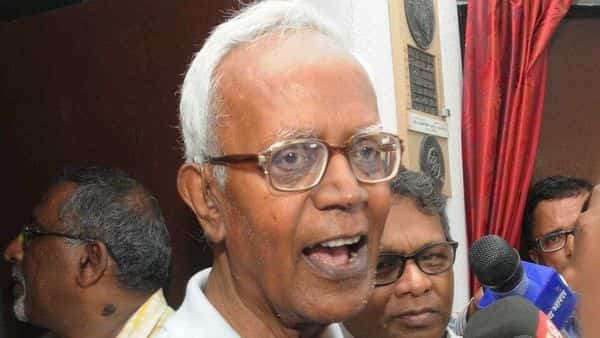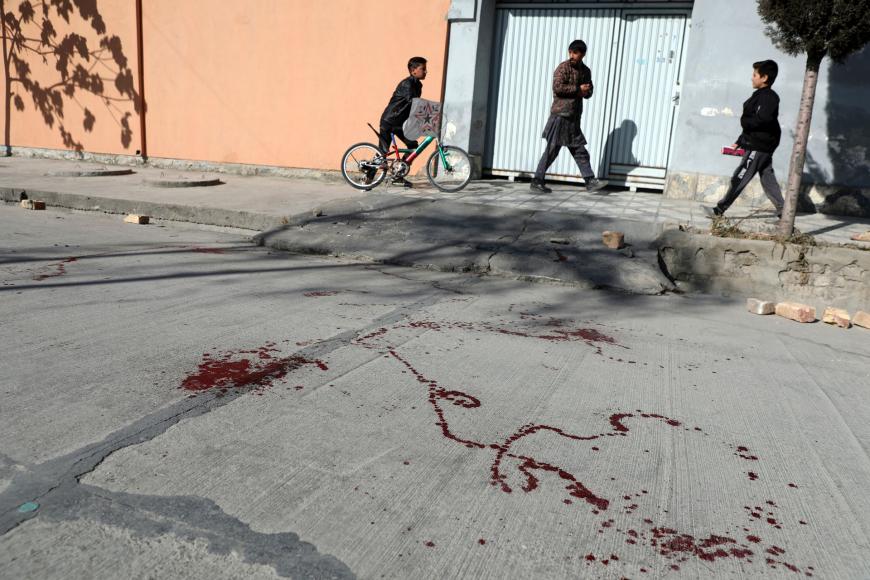Jesuit priest and human rights activist Father Stan Swamy has passed away after the government of India put him in jail over criminal charges many said he couldn’t even dream of committing.
“With a deep sense of pain, anguish and hope we have surrendered Fr. Stan Swamy, aged 84, to his eternal abode on July 5 2021,” says a statement released by Father Jerry Cutinha, the head of the priest’s Jesuit province.
#Swamy spent his life trying to protect the human rights of the Adivasis, Dalits and other marginalized communities in #India, so that “the poor may have life and life to the full, with dignity and honor,” Cutinha added.
Swamy, who had Parkinson’s disease and was diagnosed with covid-19 a few weeks back died on Tuesday, two days after the authorities put him on a ventilator.
India’s decision to imprison Swamy and its treatment of the late priest, generated international uproar, with even the United Nations Hight Commissioner for Human Rights expressing concern over his conditions.
Michelle #Bachelet, the UN human rights chief said on Tuesday the she was saddened and disturbed by the death of th3 84-year-old rights activist.
“High Commissioner Michelle Bachelet and the UN’s independent experts have repeatedly raised the cases of Father Stan and 15 other human rights defenders associated with the same events with the government of India over the past three years and urged their release from pre-trial detention,” said Liz Throssell, the spokesperson for the UN High Commissioner for Human Rights,.
“The High Commissioner has also raised concerns over the use of the UAPA in relation to human rights defenders, a law Father Stan was challenging before Indian courts days before he died,” she added.
Shashi Tharoor, former undersecretary general of the United Nations, said on Twitter that he was “sad to learn” of Swamy’s passing. “A humanitarian & man of God whom are government could not treat with humanity. Deeply saddened as an Indian. RIP.”
Swamy was incarcerated Oct. 9, 2020, in Taloja prison in Mumbai along with several other human rights activists all accused by Indian officials of links with an extremist group called BK-16.
India’s National Investigation Agency (NIA) arrested him in connection to a 2018 incident of caste-based violence and alleged links with Maoists. The rebels, who are active in several eastern and central states in India, claim to be fighting for communist rule and greater rights for tribal people and the rural poor.
The activists have all been denied bail under a sweeping anti-terror law, which many observers warn is now being used by Delhi to crack down on dissent.


















